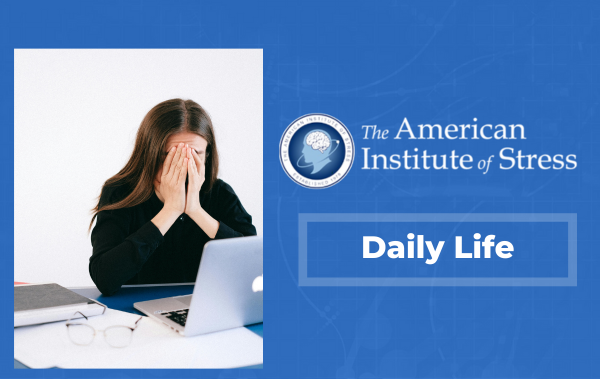 Stress is a complex phenomenon. On one hand, stress hormones are essential for life. Epinephrine helps regulate organ function, focuses your attention and triggers your fight-or-flight response. Cortisol controls metabolism, fights infection, regulates blood glucose and maintains blood pressure. And positive stress — and a positive response to stress — allows for growth, excellence and enjoyment of challenges both physical and psychological.
Stress is a complex phenomenon. On one hand, stress hormones are essential for life. Epinephrine helps regulate organ function, focuses your attention and triggers your fight-or-flight response. Cortisol controls metabolism, fights infection, regulates blood glucose and maintains blood pressure. And positive stress — and a positive response to stress — allows for growth, excellence and enjoyment of challenges both physical and psychological.
But if stress hormones are overstimulated from prolonged and heightened emotional reactions or if their natural ebb and flow is disturbed because of chronic diseases, like obesity, diabetes or depression, they can do more harm than good — triggering body-wide inflammation and cognition problems. A new study in JAMA Network Open looked at the impact of stress on 24,000 folks age 45 and older. It found that people who had the most stressful lives were 73% more likely to have poor cognitive abilities.
If you are contending with a damaging chronic stress response and have ongoing problems with headaches, mood changes, muscle tightness and fuzzy thinking, don’t stress. You can turn that around with a daily stress-relief program that includes 30 to 60 minutes of physical activity, mediation, improved sleep habits, eating a non-inflammatory diet free of added sugars and red and processed meats and highly processed foods, spending time with your posse and enjoying an activity that fuels your sense of purpose.
Step 1: Take a stress evaluation test at the American Institute of Stress (www.stress.org) or at Mental Health America (mhanational.org). Step 2: Access a free trial of the stress-management program at LongevityPlaybook.com.
Health pioneer Michael Roizen, M.D., is chief wellness officer emeritus at the Cleveland Clinic and author of four No. 1 New York Times bestsellers. Check out his latest, “The Great Age Reboot: Cracking the Longevity Code for a Younger Tomorrow,” and find out more at www.longevityplaybook.com. Email your health and wellness questions to Dr. Mike at [email protected].
King Features Syndicate
original post-Print Headline: How stress changes your body chemistry — and your future





